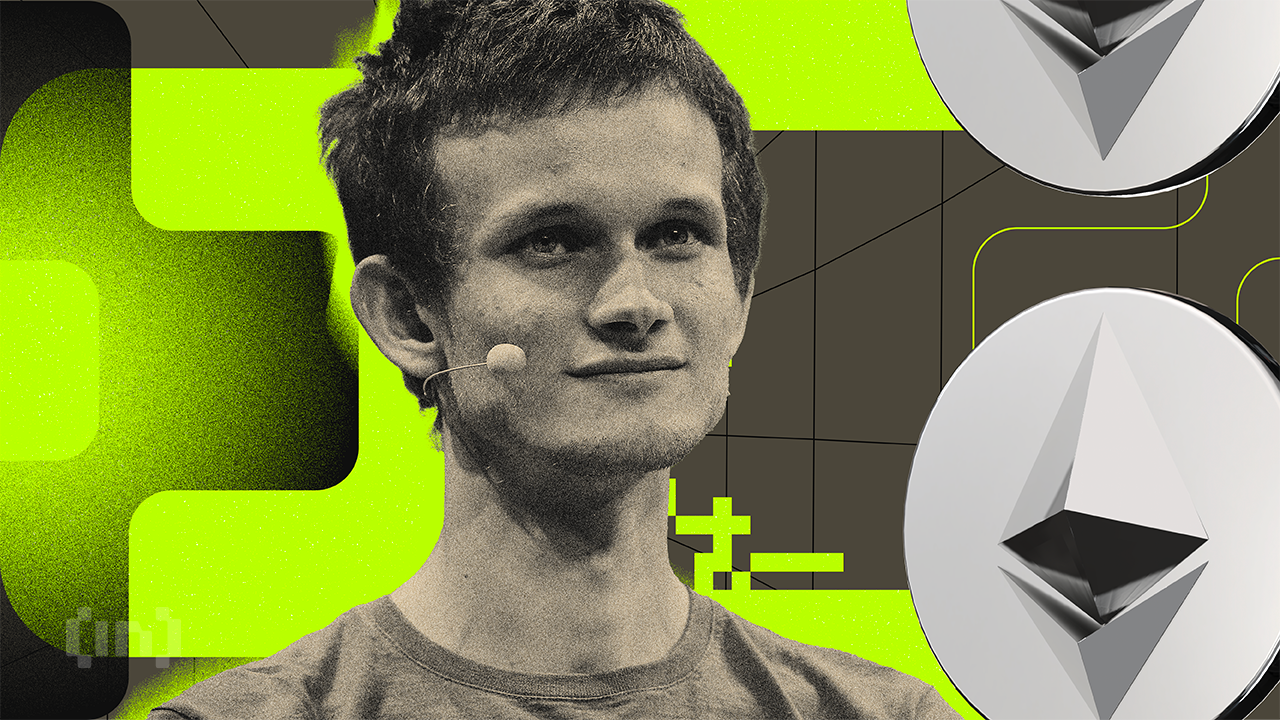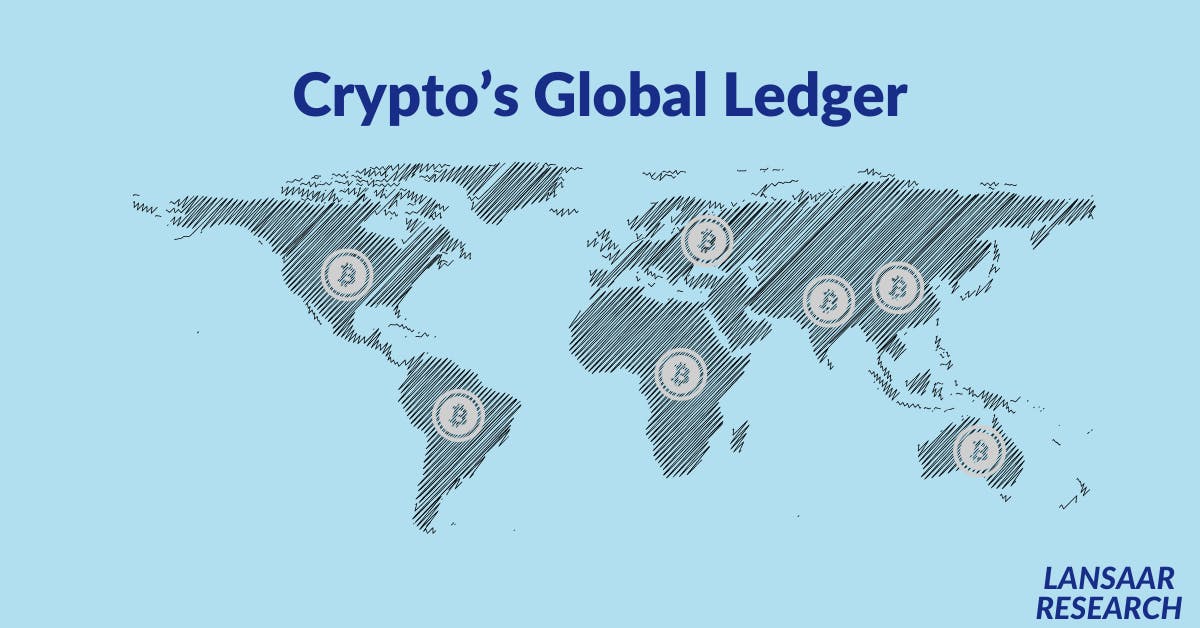The evolving landscape of cryptocurrency is increasingly shaped by the ethical perspectives and intentions of its developers. Vitalik Buterin, co-founder of Ethereum, has recently shed light on how this principle plays a significant role in distinguishing constructive projects from harmful ones. Through his insights, he emphasizes the deep connection between application design and the social philosophies underlying these blockchain innovations.
The Importance of Developer Intentions in Crypto
In a recent discussion, Buterin articulated that the values and beliefs of developers significantly influence the outcomes of their respective projects. He posited that this correlation is crucial for fostering beneficial innovations in the crypto space. Notably, he expressed concerns over projects like Pump.fun, which he argues stem from misguided social philosophies, leading to adverse outcomes.
Spotlight on Ethical Innovations
Buterin also highlights several decentralized applications that align with Ethereum’s mission and its long-term vision. Among these, Railgun stands out—not only for its privacy features akin to Tornado Cash but also for introducing Privacy Pools. This innovative system allows users to maintain anonymity while assuring that their funds are derived from legal sources, showcasing a responsible approach to privacy in blockchain technology.
Further along this line, Buterin commended other noteworthy projects, including Farcaster, a decentralized social network protocol, and Polymarket, a platform utilizing cryptocurrency for predictive markets. He asserts that such platforms have the potential to enhance decision-making processes across various sectors, including governance, media, and scientific research, rather than simply providing venues for speculative betting.
Critiquing Harmful Practices in the Crypto Space
Conversely, Buterin’s criticisms extend to platforms like Terra/Luna and the collapsed FTX exchange, which he describes as detrimental examples of project development that prioritize hype over substance. Through his commentary, he advocates for a more ethical approach within the cryptocurrency industry, particularly in decentralized finance (DeFi), encouraging developers to build with a focus on sustainable practices and long-term benefits.
A Vision for the Future of Ethereum
To further illustrate his perspective, Buterin compared Ethereum’s development path to that of C++, a widely-used programming language. He notes that while C++ is entirely general-purpose, Ethereum serves a more specific function, heavily reliant on the commitment of its developers to uphold its greater mission. He explained that the transition to proof-of-stake and features like account abstraction are products of developers’ dedication to ethical practices, which differ significantly from software with no such targeted approach.
Ultimately, Buterin believes that anticipated advancements in Ethereum will be largely influenced by the ethical frameworks guiding its development team. He claims that approximately 80% of Ethereum applications remain highly specific, underscoring the profound impact of developer ethics on the future of blockchain.
In light of these insights, Buterin’s reflections serve as a crucial reminder of the interconnectedness between social philosophy and technological innovation. As the cryptocurrency ecosystem continues to evolve, the importance of intent and ethical considerations in project development will be paramount for nurturing a robust and sustainable digital economy.



